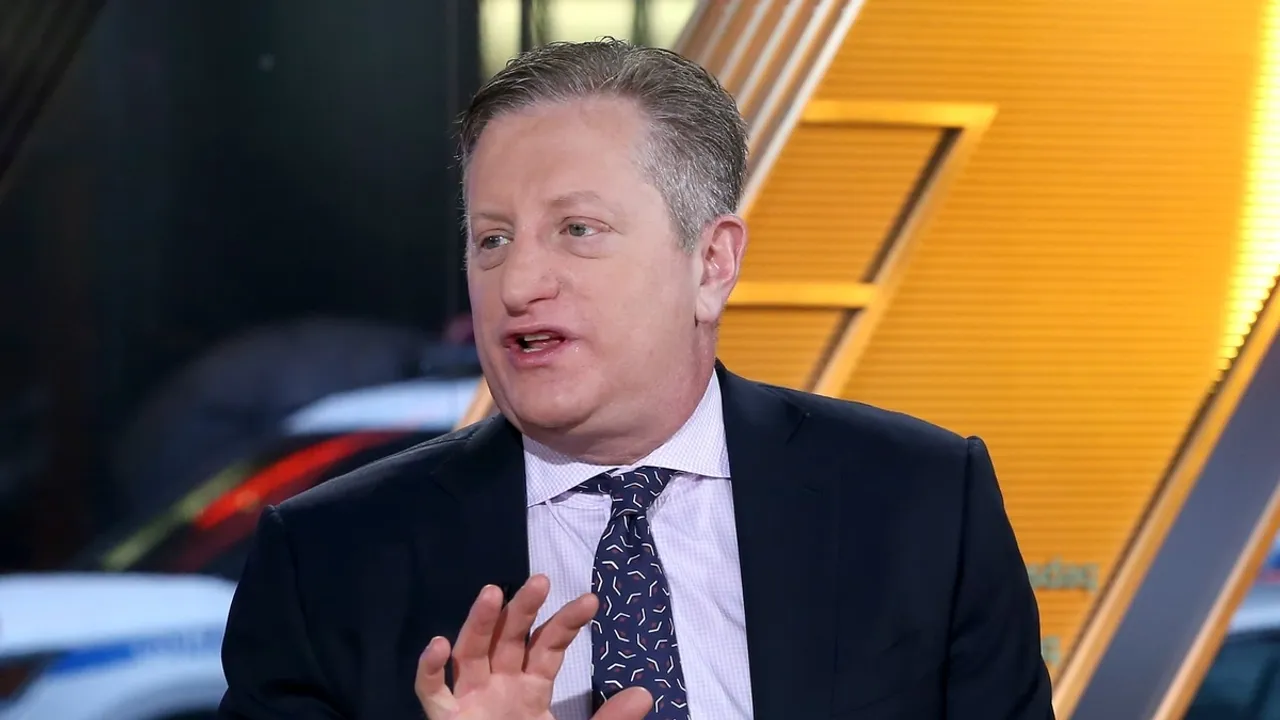Investment strategist Steve Eisman, renowned for his prediction of the 2008 financial crisis, has advised the Federal Reserve against lowering interest rates, cautioning that such a move could inflate a stock market bubble. His comments come amidst a backdrop of financial market volatility, with investors and analysts closely watching the Fed’s next steps. Eisman’s insights are particularly noteworthy given his track record of accurately forecasting significant economic events.
Understanding Eisman’s Concerns
Eisman’s argument hinges on the belief that lowering interest rates at this juncture could lead to excessive risk-taking in the stock market, potentially creating unsustainable asset valuations. He elaborates that in a low-interest-rate environment, investors tend to seek higher yields, often venturing into riskier assets. This behavior, according to Eisman, can inflate asset bubbles, which pose significant risks to the financial system when they burst. His concerns are amplified by the current economic indicators and market sentiment, which suggest a cautious approach to monetary policy would be prudent.
Market Reactions and Implications
In reaction to Eisman’s comments and the broader economic context, markets have shown signs of unease. Investors are recalibrating their expectations for interest rate cuts, closely analyzing data and statements from the Federal Reserve for any indications of policy direction. The bond market, in particular, has experienced volatility, with yields fluctuating as traders adjust their positions. Eisman’s warning serves as a reminder of the delicate balance central banks must maintain to foster economic stability without inadvertently encouraging speculative bubbles.
Looking Ahead: The Fed’s Delicate Balancing Act
As the financial community digests Eisman’s cautionary stance, all eyes are on the Federal Reserve’s next moves. The central bank faces the challenging task of navigating economic pressures, including inflationary concerns and geopolitical uncertainties, while avoiding the pitfalls of easy monetary policy. The Fed’s decisions in the coming months will be critical in determining the trajectory of both the U.S. economy and global financial markets. With the specter of past financial crises looming, the importance of prudent policy-making cannot be overstated.
The debate over interest rate policy underscores the complex dynamics at play in the global financial system. As investors and policymakers weigh the risks and rewards of various strategies, the insights of seasoned analysts like Steve Eisman provide valuable perspectives on the potential consequences of monetary policy decisions. As the situation evolves, the financial community will be keenly observing the interplay between economic data, Fed policy, and market reactions, with the hope of steering a course toward sustained economic growth.









